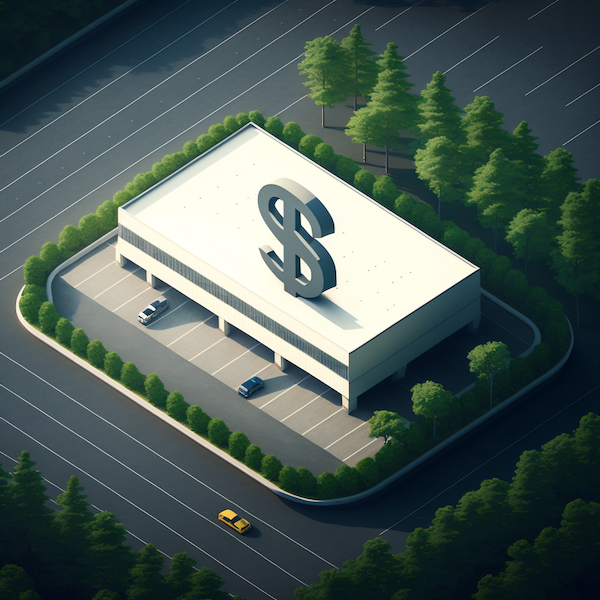
21 Mar 2023
Acquiring a storage facility, land, or additional units is critical to the growth of your self-storage business. Fortunately for potential owners, the [SBA 7(a) loan](https://www.radiusplus.com/keyword/sba-7(a) loan) program is an excellent funding source for deals up to $5 million. Lenders expect specific documentation when evaluating a loan request for a [small business acquisition](https://www.radiusplus.com/keyword/small business-acquisition). Here are a few items to prepare before approaching a lender:
Description of spending. Your lender will look for a detailed description of how you plan to spend or use the funds loaned to you. For example, if you are building a new facility or expanding, plan to outline projected costs for your architect and contractors and other planned expenditures. If purchasing a facility, include real estate and building purchase figures, staffing, technology investments, and additional transition costs. If necessary, include marketing funds and any working capital expenses needed as you get your business up and running.
Current profit/loss statement and balance sheet dated within 90 days How much cash did the facility generate last year, and how much is it generating today? What are your total monthly expenses, and have you spent too much on supplies that did not contribute to revenue? Answering these questions will allow you to track expenses and their return.
Business tax returns If you own other businesses, your lender will want to see three years of tax returns, an interim profit and loss statement, and a balance sheet on those businesses.
Personal tax returns Plan to provide your personal tax returns for the past three years. Your lender will use this information to verify your annual income.
Personal financial statement A PFS shows a lender your income, the value of your assets (such as your home, vehicles and savings accounts), outstanding debts, some of your debt payments, and monthly overhead. This will give your lender a good idea of your personal cash flow and the additional debt you can comfortably handle.
Personal resume Lenders also want to be confident in your ability to operate a business. The objective of your resume is to show that you have the business, managerial or educational experience necessary to manage your business successfully.
Rent roll For an existing facility, this is a detailed document of the total rent due by each tenant and the amount received to date. How many units are rented, and what is the cost of each of the units?
Management reports Pull your latest management reports to show payments, rent and fees, and any other vital data that indicates the performance of an existing facility.
In addition to the above documentation, your lender will look at your credit (FICO) score to analyze your creditworthiness. FICO scores range from about 300 to 850, with the vast majority falling in the 600 to 700 range. For business loans, most lenders look for mid to high 600s scores. Here are some of the key factors influencing how past delinquencies determine your credit score:
Before applying for your loan, check your FICO score to ensure all information is accurate and take the necessary steps to strengthen your financial profile.
Having the proper documentation prepared will help streamline the conversation with your lender, aiding in the success of the loan. Preparing in advance helps educate you on your potential purchase and business plan and shows the lender your dedication to the industry.
To learn more visit https://www.liveoakbank.com/self-storage/
Anna Taylor joined Live Oak Bank in 2013.
She was a dedicated Credit Officer for over a year before joining the Self-Storage team as a Loan Officer. With a background in credit and financial analysis, Anna is committed to helping clients navigate the loan application process. A graduate of the University of North Carolina at Chapel Hill, Anna earned a degree in Advertising and also completed the Minor in Entrepreneurship Program.